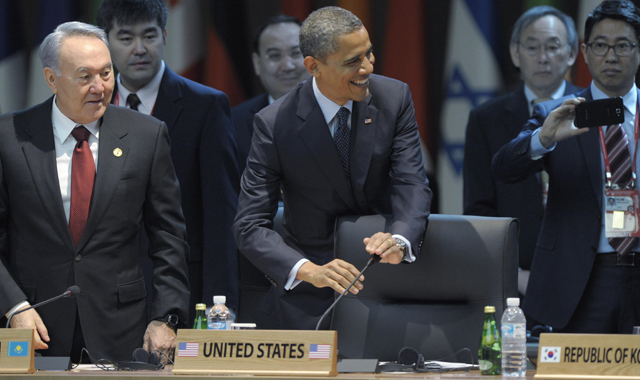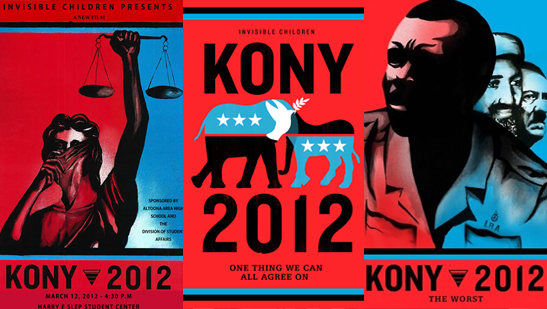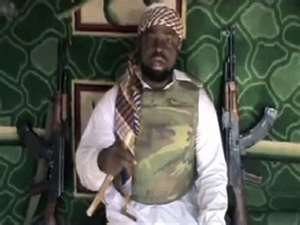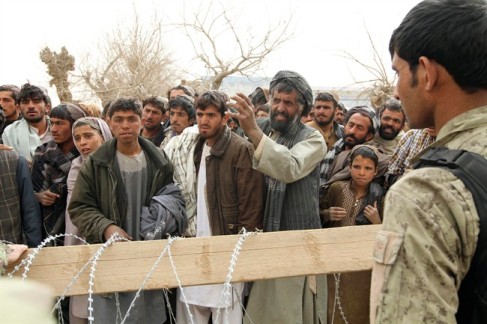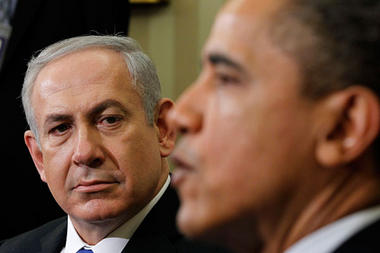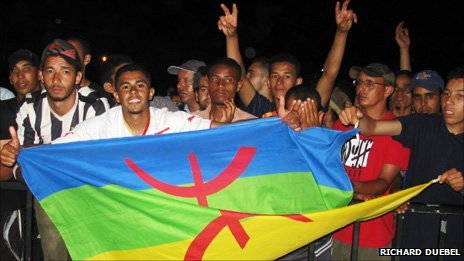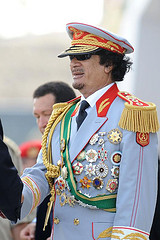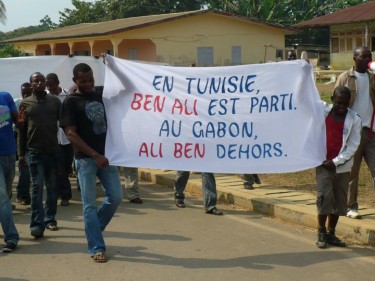Come on Barak. Not again. Will somebody please tell the President that you can’t discuss nuclear missile negotiations on an open microphone; especially not in a press-filled room at a nuclear security conference in a presidential election year? It just doesn’t get worse than that.
But that’s exactly what happened in Seoul, Korea on Monday when President Obama had a private chat with Russian President Dmitri Medvedev at the “2012 Nuclear Security Summit.” Obama told Medvedev and world the following: “On all these issues, but particularly missile defense, this, this can be solved but it’s important for him to give me space…This is my last election. After my election I have more flexibility.” Medvedev, in a seemingly sympathetic vein replied “Yeah, I understand. I understand your message about space. Space for you…I will transmit this information to Vladimir [Putin].” Continue reading
